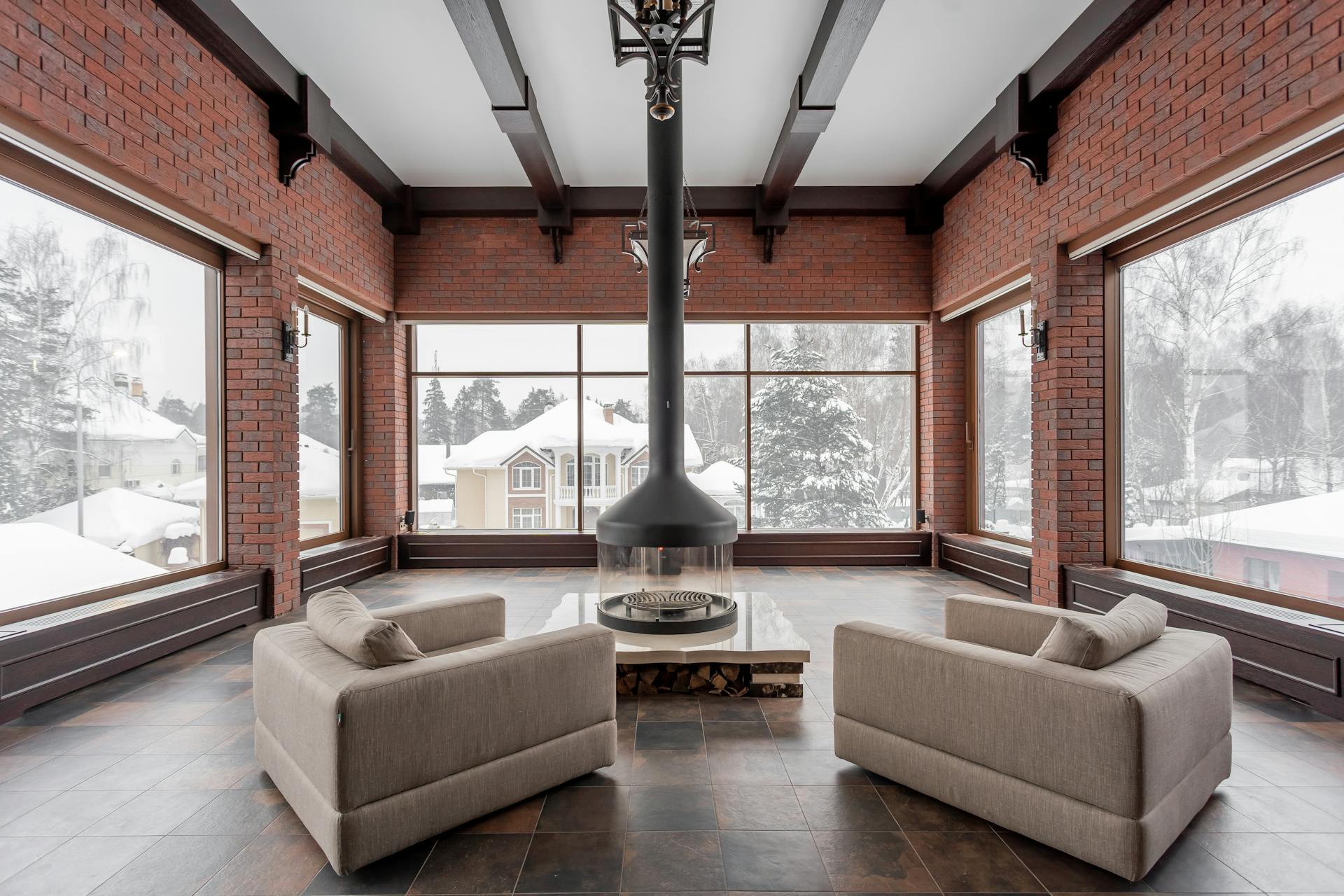

Question: What is the Downside to a Heat Pump?
Answer: Downsides of a heat pump include that they can struggle in extreme cold, losing efficiency and requiring backup heating. Higher upfront costs and potential for noisy outdoor units are also drawbacks.
Exploring the Drawbacks of Heat Pumps
Heat pumps offer an energy-efficient alternative to traditional heating and cooling systems. They move heat rather than generating it, resulting in lower operating costs. However, like any technology, heat pumps present certain disadvantages that homeowners should consider before making a purchase. This article explores the potential downsides of installing a heat pump, enabling you to make informed decisions about your home’s HVAC system.
Upfront Costs and Installation
One of the most significant drawbacks of heat pumps is their higher upfront cost compared to traditional furnaces or air conditioners. The complexity of the system, including indoor and outdoor units, contributes to the increased expense. Installation costs can also be higher due to the specialized knowledge and equipment required. While long-term energy savings can offset the initial investment, the upfront financial burden can deter some homeowners.
If your home lacks existing ductwork, installing a heat pump system will require its installation, adding further to the upfront costs. This is especially true for older homes that rely on radiators or baseboard heaters. Upgrading electrical panels to accommodate the increased power draw of a heat pump may also be necessary, increasing the installation budget.
Click here for more information on Orangeville real estate agents
Related Article: Does a Heat Pump Use a Lot of Electricity?
Related Article: Should I Get a Heat Pump Or Furnace?
Efficiency and Operating Costs
Although heat pumps are generally more energy-efficient than traditional HVAC systems, their operating costs are influenced by several factors. Climate plays a significant role, as colder climates require more energy to extract heat from the outside air. Electricity prices in your area also impact operating costs; higher electricity rates translate to higher heating bills. The size and efficiency rating of the heat pump itself influence its overall energy consumption. A properly sized and installed system optimized for your climate will generally result in lower operating costs compared to a conventional system.
Maintenance and Lifespan
Like any mechanical system, heat pumps require regular maintenance to ensure optimal performance and longevity. This includes cleaning or replacing air filters, checking refrigerant levels, and inspecting coils and other components. Neglecting maintenance can lead to reduced efficiency, increased energy consumption, and a shorter lifespan. Although heat pumps generally have a lifespan of 15-20 years, proper maintenance plays a crucial role in achieving this lifespan. Homeowners should factor in the ongoing maintenance costs when considering the overall expense of a heat pump system. Compared to traditional furnaces, which typically require less frequent maintenance, heat pumps may necessitate more attention and potentially higher maintenance expenses.
Noise Levels and Aesthetics
While modern heat pumps operate more quietly than older models, some noise is inevitable, particularly from the outdoor unit. The compressor and fan can generate a low hum or whooshing sound, which might be noticeable, especially in quiet neighbourhoods or if the unit is located near bedrooms or living areas. The outdoor unit’s appearance might not be aesthetically pleasing to all homeowners. While manufacturers strive to create more compact and visually appealing units, some homeowners may find them obtrusive, depending on their placement and the overall landscaping of the property.
Conclusion
Heat pumps offer a compelling alternative to traditional heating and cooling systems, offering energy efficiency and environmental benefits. However, homeowners must carefully weigh the potential downsides, including higher upfront costs, performance limitations in extreme cold, and potential noise concerns. By understanding the drawbacks alongside the advantages, you can make an informed decision about whether a heat pump is the right choice for your home and climate. A thorough assessment of your individual needs and circumstances will ensure that your HVAC system provides optimal comfort and efficiency for years to come.


